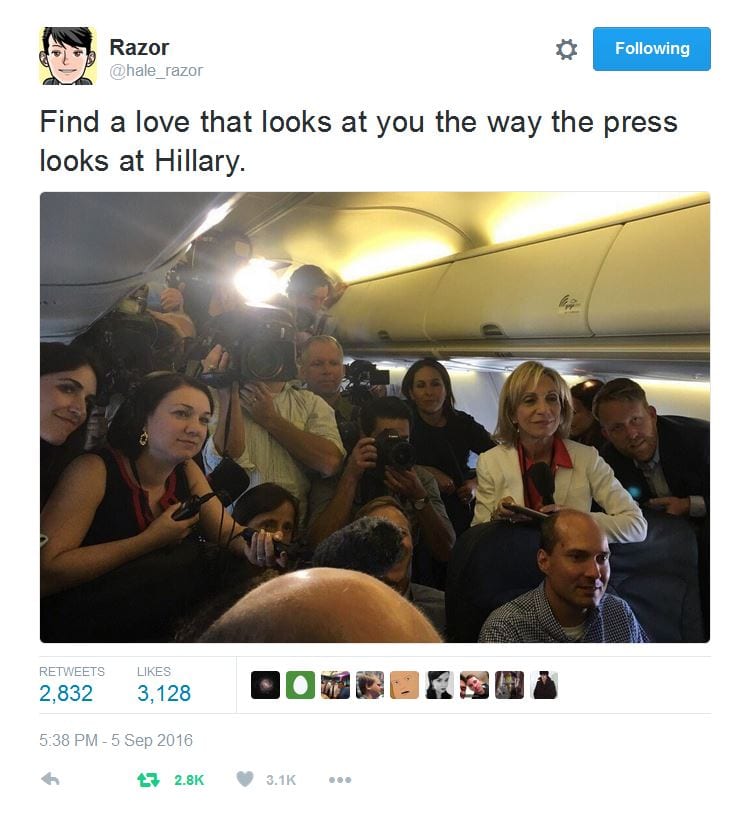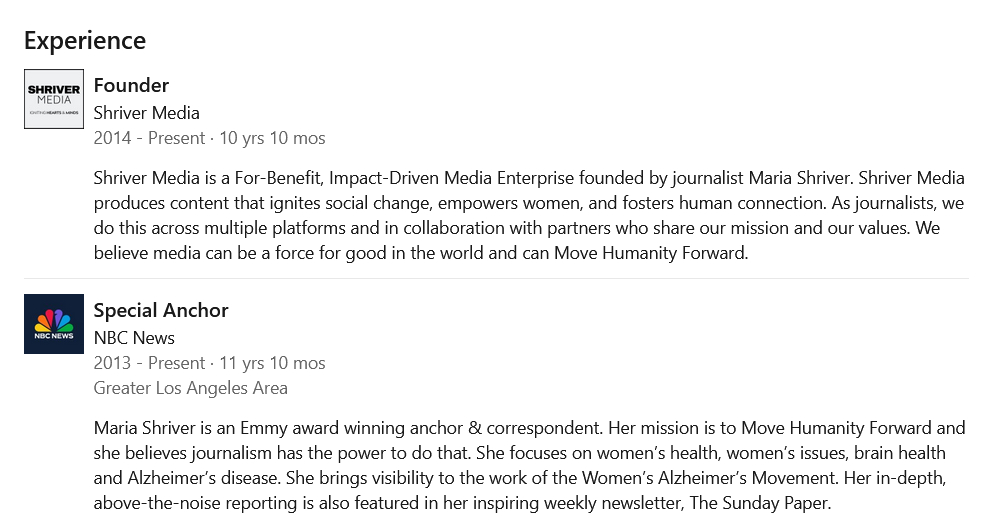THIS REMAKE OF MAGICAL MYSTERY TOUR IS EVEN WORSE THAN THE FIRST VERSION: We Are All on the Bus.
A single usage of “star-studded” was simply not enough to portray the majesty of a Kamala Harris campaign event with Oprah Winfrey, according to a Sept. 20 article in The Washington Post. “A star-studded online rally designed to showcase the enthusiasm and energy behind Vice President Kamala Harris’s campaign turned somber as host Oprah Winfrey introduced the mother of a woman who died after waiting for health care in a state that has banned most abortions,” the report began. Several paragraphs later, readers learned that the event kicked off with “a star-studded opening as Winfrey called out other celebrities who were joining virtually—Jennifer Lopez, Bryan Cranston, Tracee Ellis Ross, and Meryl Streep among them.” The average age of the aforementioned stars is 64, once Oprah is factored in.
After leaving the undignifying grind of daily television way back in 2011, Oprah has remained at the rarefied upper summit of senior cultural figures, where she continues to embody national conscience and moral authority. She is the Eleos of the American Olympus, dispenser of compassion and mercy at the steep price of a full and honest public reckoning. Tim Walz, who has repeatedly stretched the truth about his military career and his travels in China, would have been an awesome Oprah guest. The same goes for Walz’s boss, who during her four months as a presidential candidate has carefully evaded any hazardous unscripted moments with the press. In the midst of their breathless coverage of a fake Oprah interview, The Washington Post writers—the article somehow carries the credits of two reporters—were too awestruck or subservient to note its obvious fakeness.
Would it really make that much of a difference if the paper took some other, less fawning approach, or showed even the slightest bit of skepticism about an overly stage-managed Democrat’s internet pageant of Clinton-era celebrities? In The Boys on the Bus, the classic 1972 study of that year’s campaign press, Rolling Stone writer Tim Crouse recounted the media’s powerlessness, and its interrelated lack of self-awareness and basic curiosity, in the face of a Nixon-level image-making operation. Today The Boys on the Bus is often remembered as a nostalgic chronicle of the fading glory days of American journalism. But it is really about the political media’s discovery that it might not really matter that much—that it isn’t a mighty tribune of democratic accountability, but a submissive player in someone else’s drama.
The media of the 1960s and 1970s at least pretended occasionally to have the aura of the penumbra of being objective. Beginning with the 2008 election (and arguably the preceding election), that’s all been entirely abandoned:


